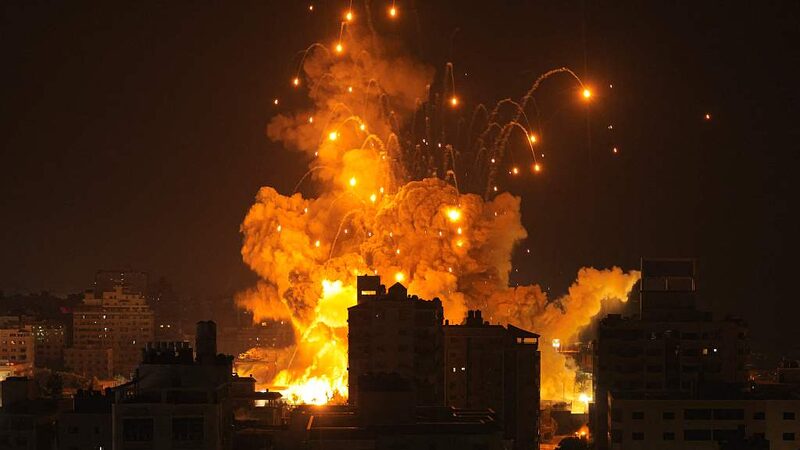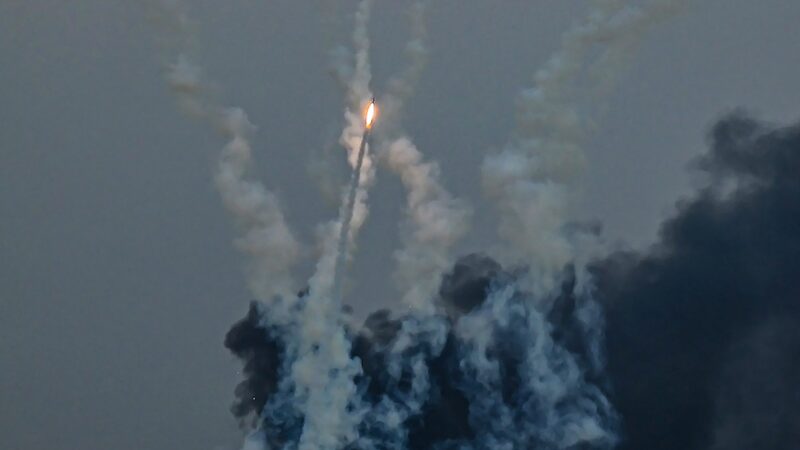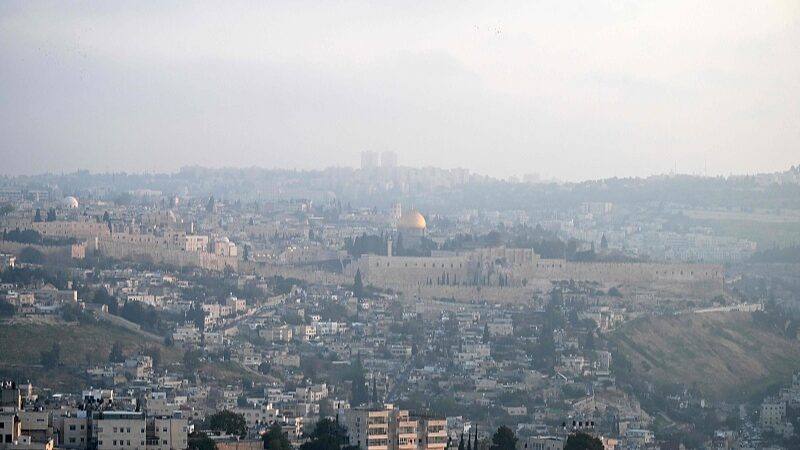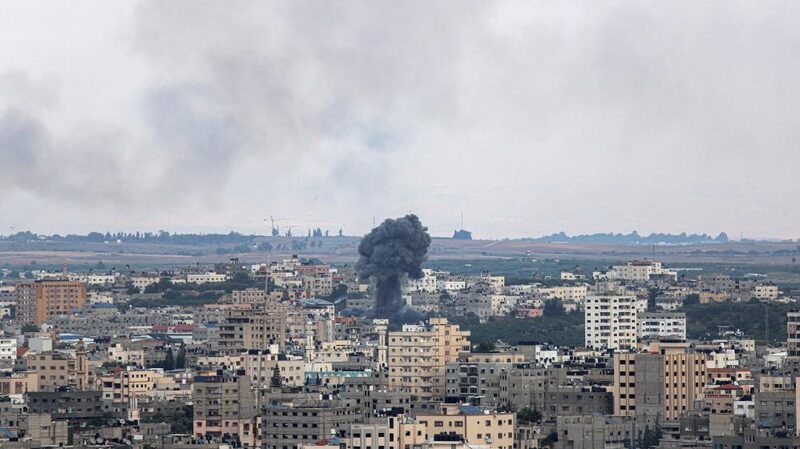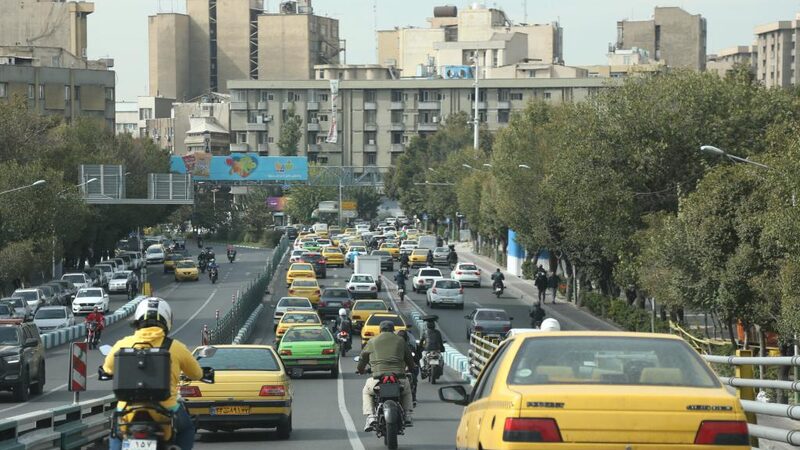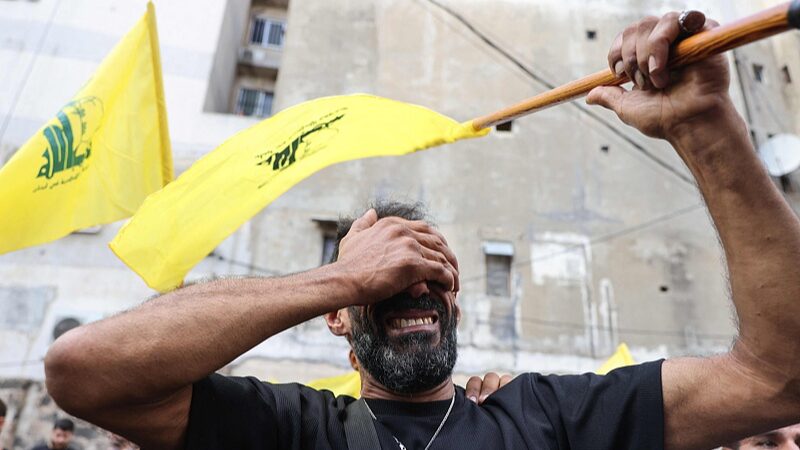Nasrallah’s Assassination: A Turning Point in the Israeli-Hezbollah Conflict?
On September 28, Lebanon’s Hezbollah confirmed that its leader, Sayyed Hassan Nasrallah, was killed in an Israeli attack on Beirut. The assassination of Nasrallah, who had led the organization since 1992 after succeeding Abbas al-Musawi, marks a significant moment in the long-standing conflict between Israel and Hezbollah.
The immediate question on the minds of many is whether Nasrallah’s death will ignite further escalation by Hezbollah or open a strategic window for realignment and de-escalation in the region. While Nasrallah was a charismatic figurehead, Hezbollah is not a one-man operation. The organization boasts a robust command structure that enables it to replace leaders and reorganize swiftly, ensuring the continuity of its political and military activities in Lebanon.
Hezbollah’s resilience is rooted in its multifaceted nature. Beyond being a militant group, it is a political movement with representation in the Lebanese parliament, extensive social services, and a profoundly loyal supporter base. This structure allows Hezbollah to maintain its operations and influence, even in the face of leadership changes.
The influence of Iran on Hezbollah’s response cannot be understated. Iran has significant sway over the organization’s strategic decisions. Despite perceptions in some Western countries of Hezbollah being an Iranian proxy, Tehran may advocate for measured reactions rather than immediate escalation. Iran’s broader geopolitical concerns—including nuclear negotiations with the West, economic sanctions, and regional relationships—may prompt it to counsel Hezbollah’s new leadership to avoid a full-scale conflict with Israel at this juncture.
Historically, Iran has allowed its allied groups to recover and regroup after setbacks without pressing for swift retaliation. Iranian-backed forces in Syria, Iraq, and Yemen have demonstrated resilience following the loss of key figures. Hezbollah is likely to follow a similar path, maintaining its stance of resistance while preserving its capabilities for future engagements.
Nasrallah’s assassination is undeniably symbolic, but it may not cripple Hezbollah’s operations. A new leader may emerge, potentially adopting an even more hardline approach against Israel. As the region watches closely, the coming days will reveal whether this event will escalate tensions or serve as a catalyst for a shift towards de-escalation.
Reference(s):
Nasrallah's death: A turning point in Israeli-Hezbollah conflict?
cgtn.com
